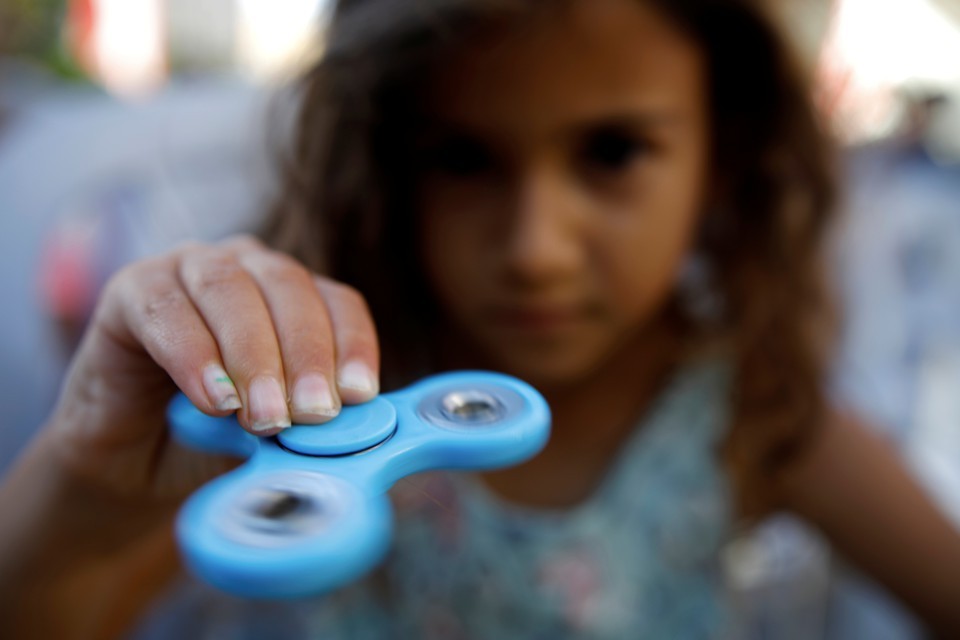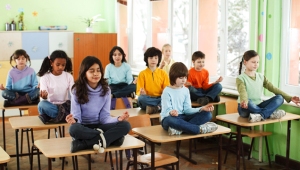An open letter with shocking revelations of student misbehaviour has dominated Canadian public education discussion for the past month or more. Written by a deeply concerned teacher, the explosive letter surfaced on May 23, 2023 at Tomken Road Middle School in the Applewood Heights neighbourhood of Peel Region west of Toronto. It revealed, in stark detail, a litany of hair-raising examples of student violence and misconduct in a school said to be in a ‘deplorable’ state with students acting completely out-of-control.
Months if not years of registering concerns with the Middle School principal and Peel Region administration went nowhere and finally, out of sheer desperation, the teacher decided to go to the media with the inside story. Appearing on CTV News and CBC-TV News in silhouette form with a disguised voice, the teacher whistleblower provided a compelling description of the ‘uncontrollable violence’ and complete disorder reigning in the Grade 6 to 8 school with some 900 students.
“Every morning I wake up and I’m scared to go to work,” the teacher told CTV News. “I fear to go walking down the hallways and possibly put myself in a position where have to have a dangerous interaction with a student.” The teacher’s greatest fear was “for the safety of the students” and there were “many days I’ve just cried because I’m so sad for the kids.”
The accompanying letter identified some twenty separate examples of glaring acts of misbehaviour, open defiance, and complete disrespect shown toward teachers as well as student peers. What began during the 2021-22 school year, has only escalated since September 2022. Students were reported to be routinely verbally abusing one another, threatening fellow students and staff with physical violence, writing hateful speech on walls targeting teachers’ ethnicities, uttering homophobic slurs, defecating on the bathroom floor, spreading feces on the wall, along with filming and distributing fights taking place before, after and during school hours.
Confronting the very lurid and horrifying revelations, the school principal and board officials went to ground, at first trying to deny some of the claims, then attempting to discredit the teacher and her staff allies. Claiming that the allegations were “not accurate” did not work, nor did the usual line of defense that the board put its faith in “progressive discipline” and “restorative approaches” to student behaviour.
The Peel administration’s response speaks volumes about how school systems practice damage control and seek to silence teachers speaking out of school. Teaching staff members tried unsuccessfully to get through to Principal Nicholas Berardi for help to improve conditions from September 2022 until mid-May 2023.
After months of “inaction,” at least 51 per cent of staff asked for a meeting with Peel Superintendent. Dahlia Battick. According to the teacher, Battick agreed to meet for two hours over two days, but simply didn’t show up for the first meeting. When a meeting was finally held, a senior teacher outlining the serious occurrences was cut-off in mid-sentence, voices were raised, and nothing much was accomplished.
The Tomken Road teacher’s letter went beyond identifying regular and recurrent acts of misbehaviour to provide a clear, coherent and common sense policy prescription: “As a staff we are looking to reinstate some type of structure at our school. We want to ban cell phones. We want students to take responsibility for their actions. We need higher expectations and we need standards. We are also desperately seeking consequences for misbehaviour.”
Instead of changing course and addressing the serious problem of student misbehaviour, the Peel Board has doubled down and, according to a recent National Post investigation, is attempting to pin the blame on the whistleblower and concerned teachers in the school. While the principal has been removed and a board team parachuted-in, there’s plenty of evidence of a cover -up operation. The publishing of an anonymous letter was initially treated as a violation of privacy and the author subjected to unwarranted scrutiny.
The official Peel Board response smacks of duplicity. While the board is putting a positive spin on existing student behaviour policy and its response, the misbehaviour continues unabated. In private, the administration is still focusing on dealing with the teachers who went public, accusing them of spreading “lies,’ “abandoning students,” and even “doing a lot of harm to the community.”
Below the surface, racial politics is a factor, especially in Peel, a Toronto region board with an already tarnished reputation. Some students engaging in the disruptive behaviour are Black, but not all of those causing the disruptions. It’s a sensitive matter because, even after all the revelations, teachers are still being advised to respond to student questions by ‘affirming the students’ feelings’ and responding in ways “aligned with the board’s responses.”
Today, as the school year nears its end, teachers are counting the days and some staff were reportedly close to walking out, taking sick leave. The crisis has rocked the Peel Board of Education, but the two sides remain at odds and teachers are still upset that somehow, they became the problem. A tough situation got worse because of incredibly weak administrative leadership, totally ineffective student behaviour policy, and an unwillingness to confront in-school realities.
Why is student behaviour out-of-control in educational settings like Tomken Road Middle School? How much of the problem stems from ‘progressive discipline’ administered with no consequences? What’s happened to school leadership? What explains the paralysis?






 Ontario deserves credit for requiring mandatory reporting, but the system does not stand up to close scrutiny. The
Ontario deserves credit for requiring mandatory reporting, but the system does not stand up to close scrutiny. The 




 The North Bay principal’s letter to parents, issued May 24, 2017, directly
The North Bay principal’s letter to parents, issued May 24, 2017, directly 









